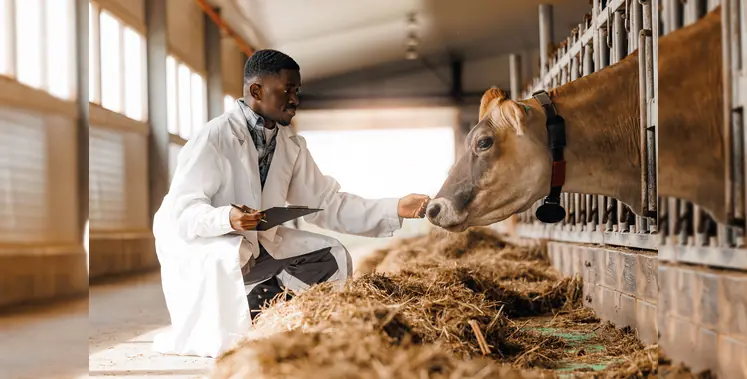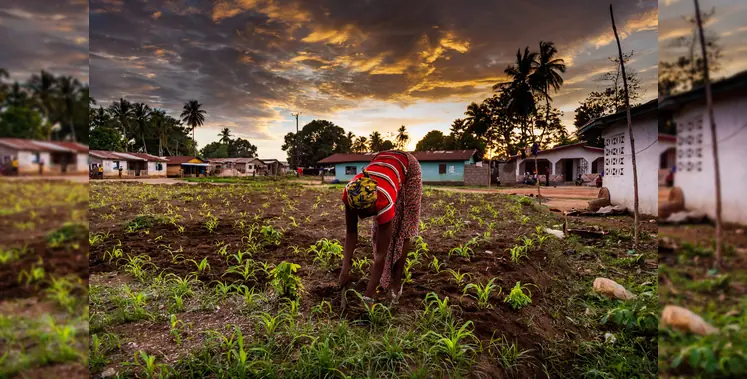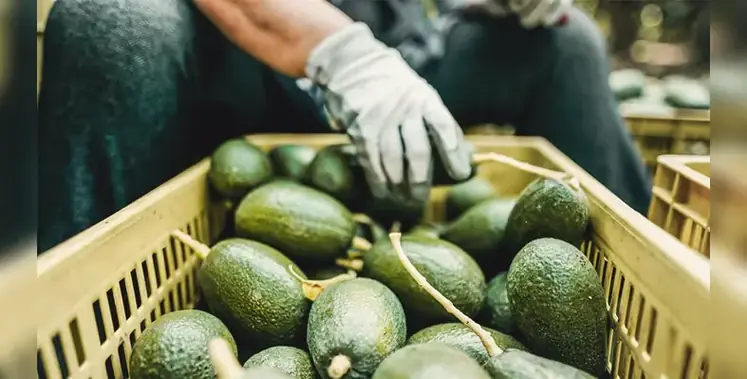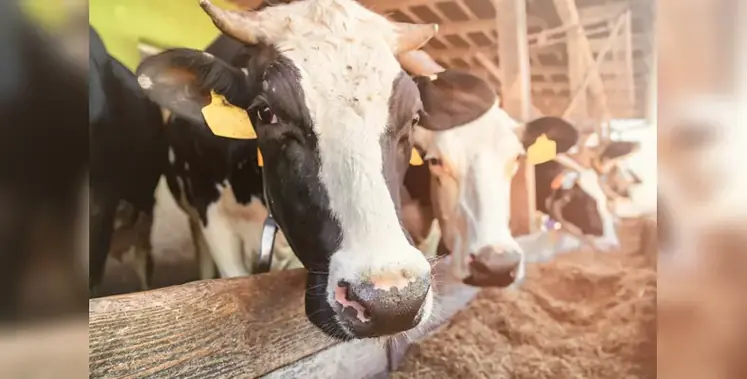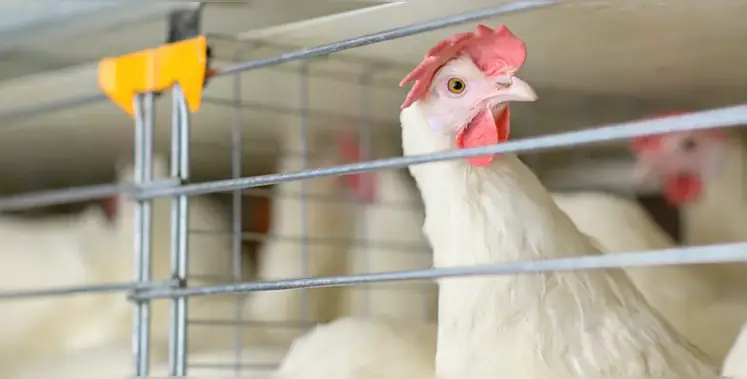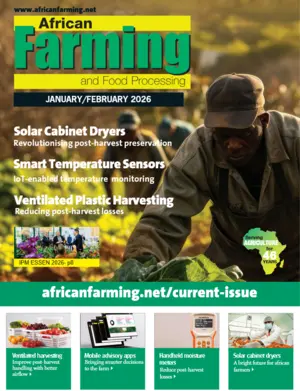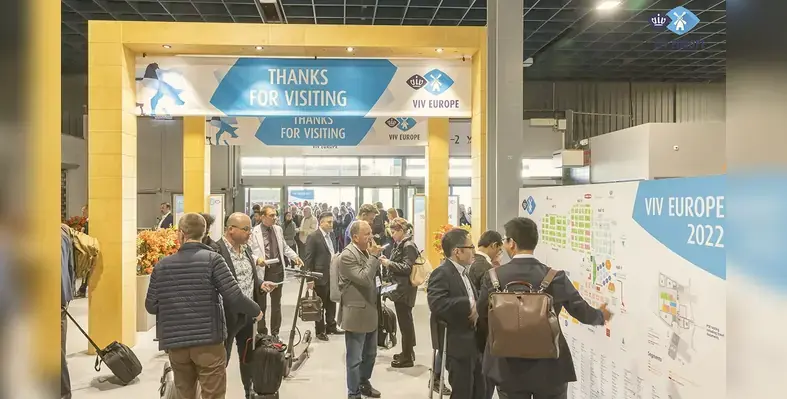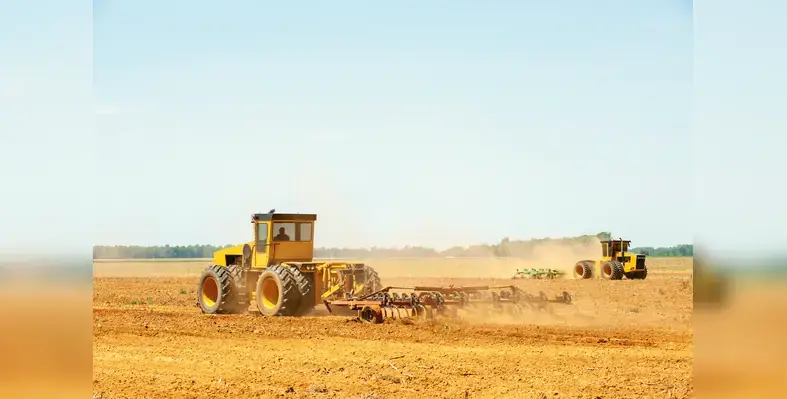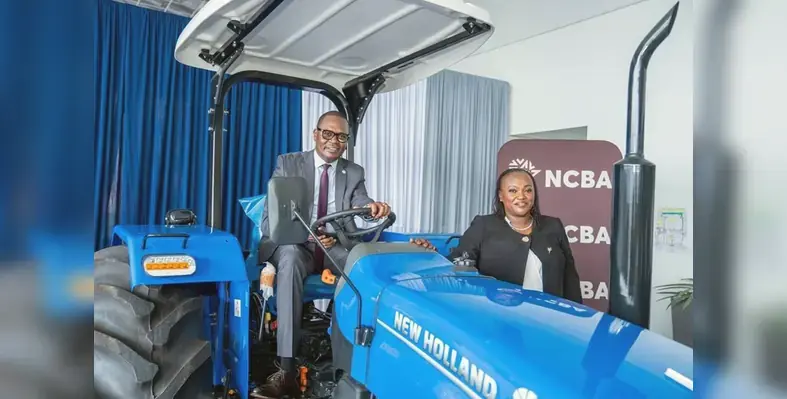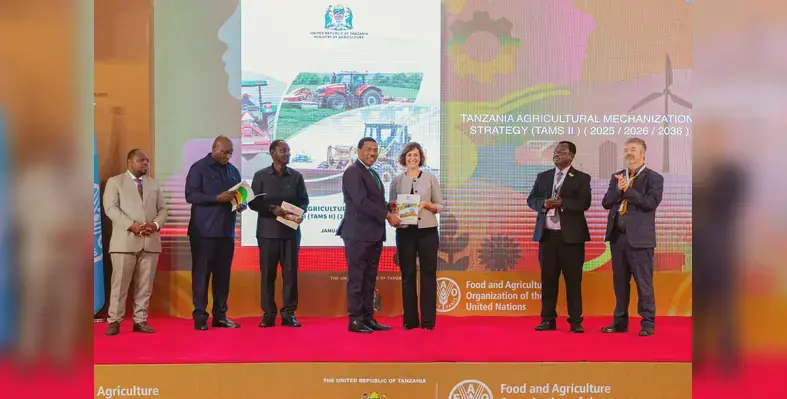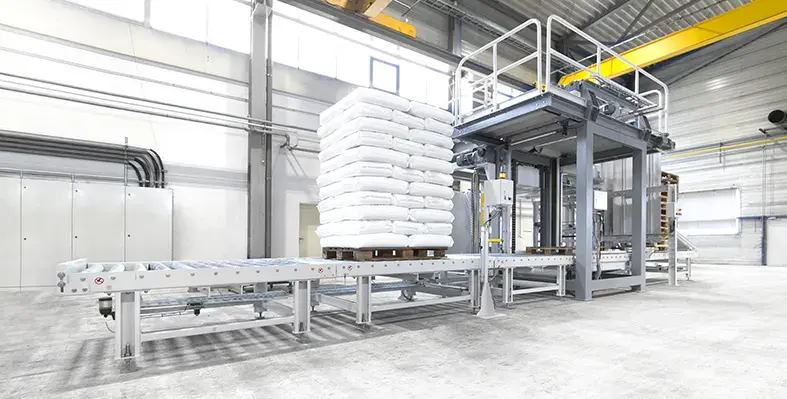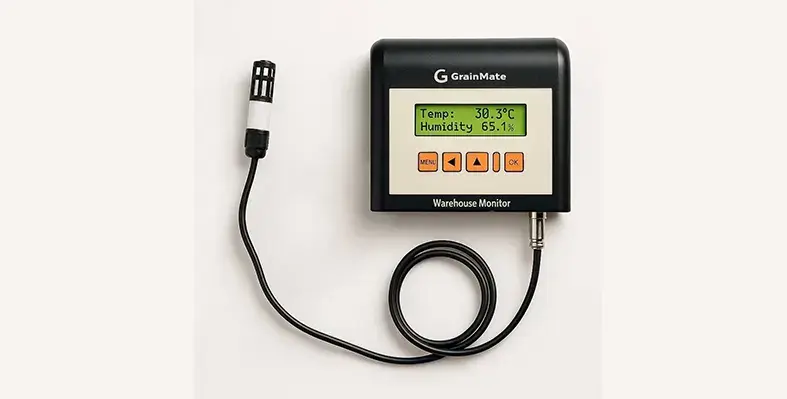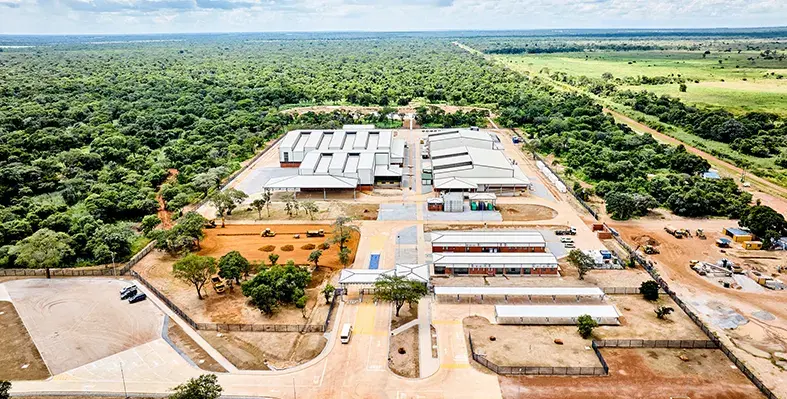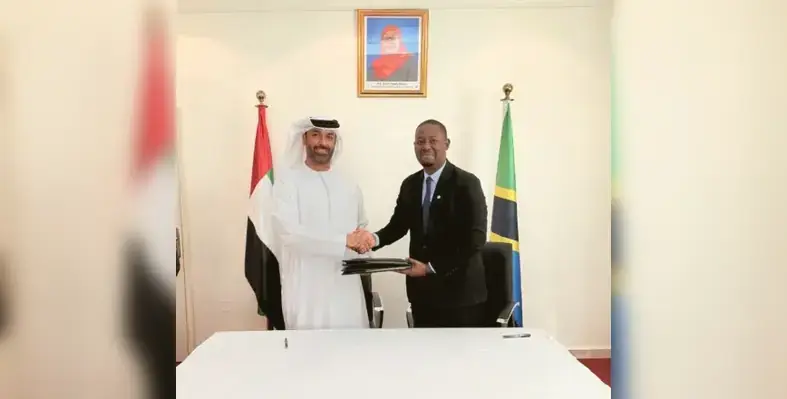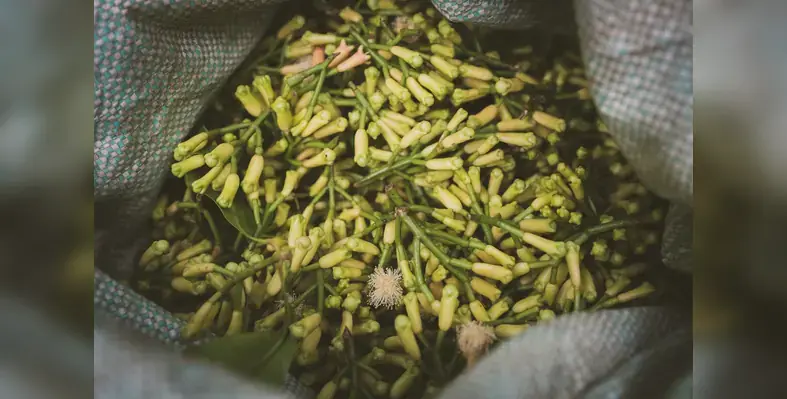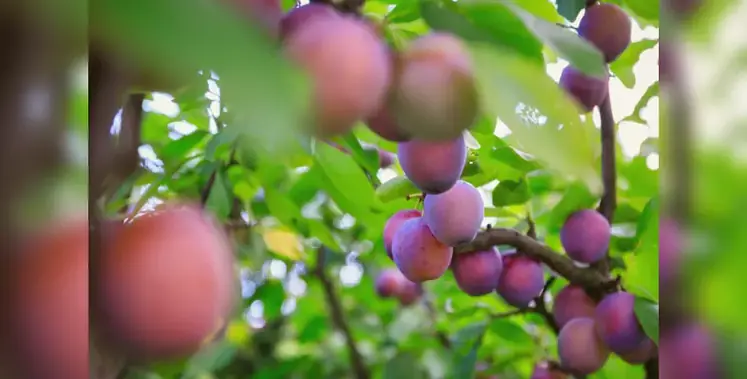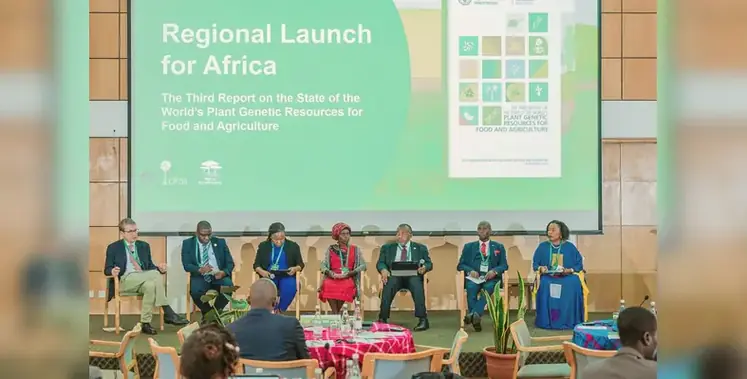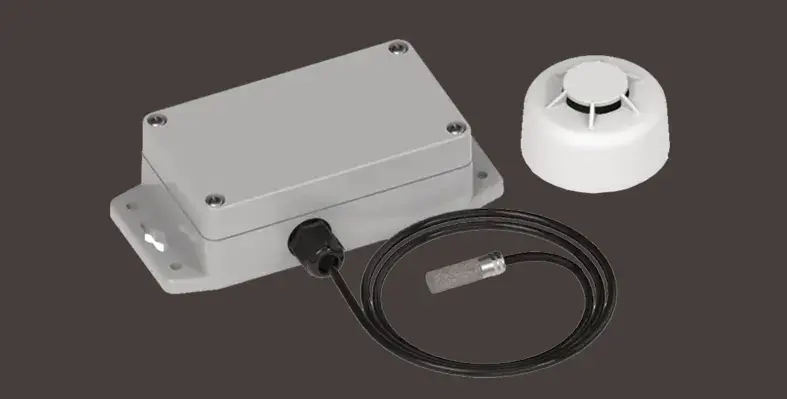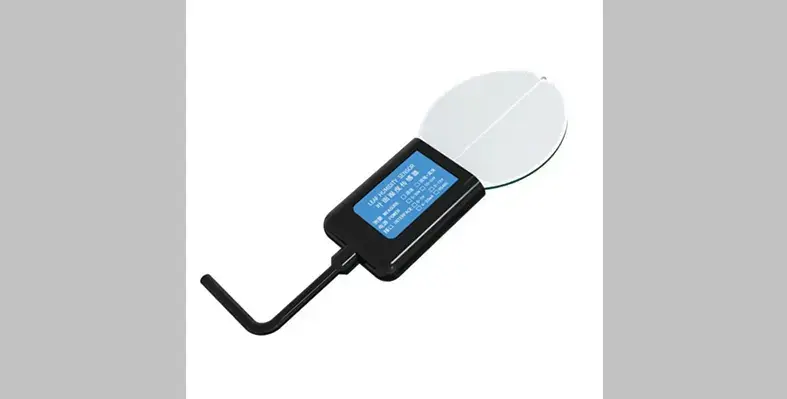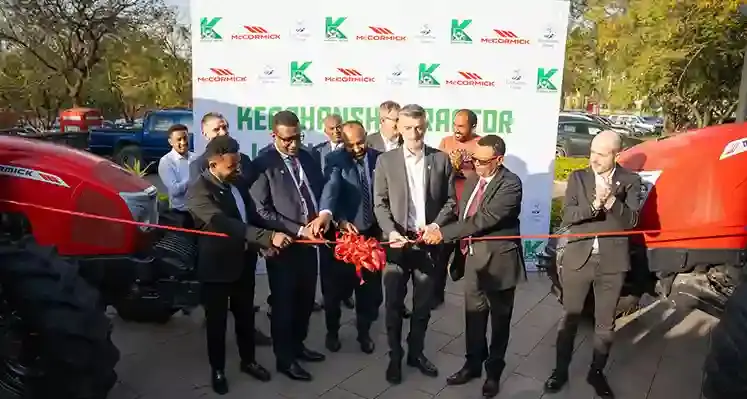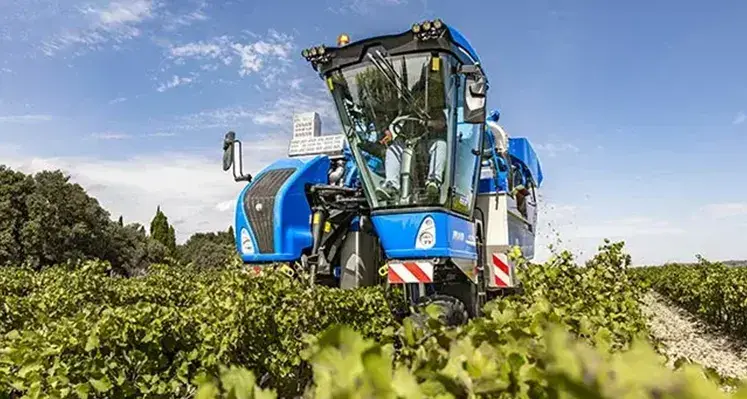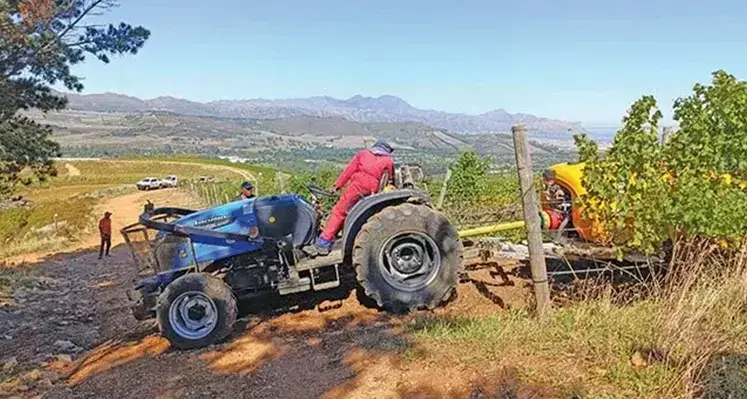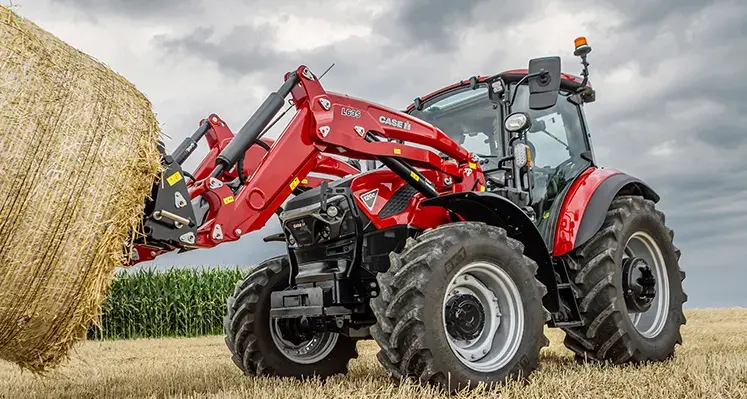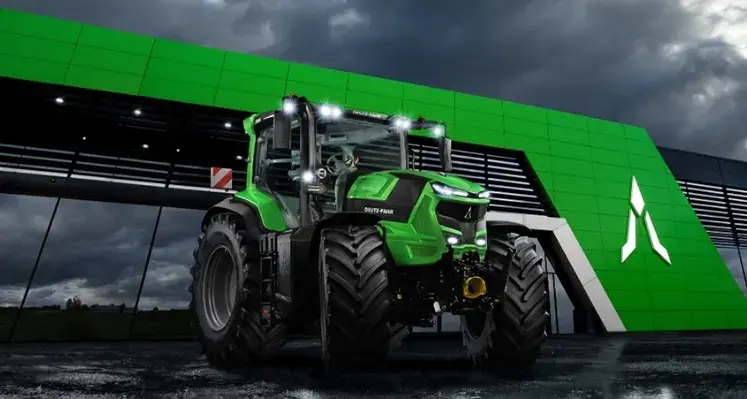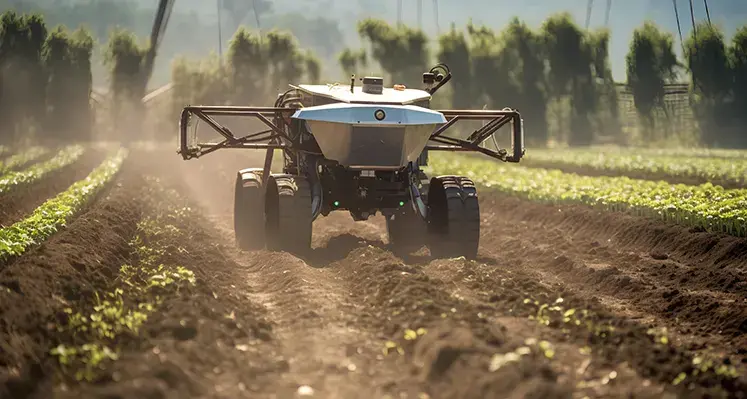In The Spotlight
South Africa has stepped up its response to Foot and mouth disease with the arrival of one million high potency vaccines at OR Tambo International Airport.
The shipment was received under the supervision of John Steenhuisen, Agriculture Minister marking a significant boost to the national vaccination drive already under way in affected regions.
The vaccines were supplied by Biogénesis Bagó in Argentina and form part of a broader supply programme. Further consignments are expected in the coming weeks from BVI in Botswana and Dollvet in Turkey. By the end of March, more than five million doses from these three international suppliers are set to arrive in the country.
At home, the Agricultural Research Council has committed to producing 20 000 vaccines per week, with plans to increase output to 200 000 per week in 2027. The expanded supply will allow authorities to move beyond targeted outbreak response and work towards wider suppression of the virus in high risk areas.
Steenhuisen said, “Vaccination has already begun in affected areas, but supply has limited the speed and coverage. With this arrival, we can now accelerate protection across priority provinces and stabilise the livestock sector.”
Outbreaks have been reported in every province, prompting quarantine measures, movement restrictions and ongoing surveillance. A risk based vaccination strategy will focus first on outbreak centres in KwaZulu Natal and parts of Gauteng, Free State and North West, before extending to other high risk and border regions.
The initial one million doses will be shared across all provinces, with KwaZulu Natal and Free State receiving the largest allocations. However, the minister warned that vaccines alone will not end the crisis.
“Quarantine rules, movement permits and biosecurity measures exist to protect every farmer in the country. Those who deliberately move animals illegally, conceal infections, or ignore restrictions threaten the recovery of the entire sector. Where there is wilful non compliance, we will work with law enforcement authorities and the full might of the law will be applied,” Steenhuisen added.
He will visit Mooi River in KwaZulu Natal on 27 February to vaccinate dairy cattle alongside veterinarians and farmers. “The dairy industry has been among the hardest hit with significant production losses, disrupted markets and immense strain on farming families. That visit marks the practical beginning of recovery at farm level. Each vaccinated herd means stability returning to a business, wages returning to workers and milk returning to shelves.”
“We are moving step by step from crisis management to control,” Minister Steenhuisen concluded. “Vaccines are arriving, the system is scaling up, and compliance will be enforced. Working together, we will stabilise the sector and rebuild confidence in South Africa’s animal health system.”
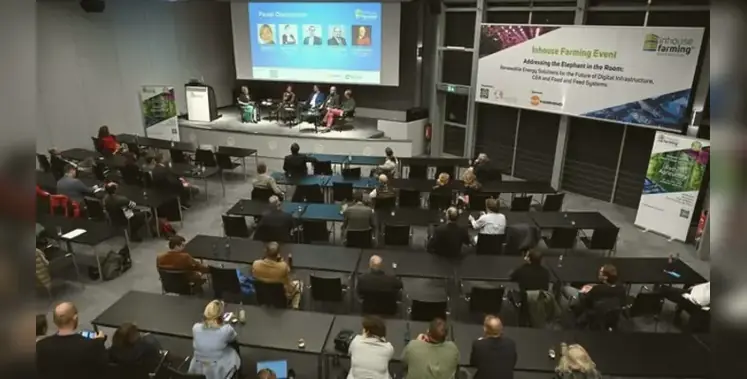
Inhouse Farming Feed and Food Show 2026 Set to Drive the Future of Sustainable Food Systems. (Image credit: DLG)
The Inhouse Farming Feed and Food Show 2026 is gathering pace as exhibitor registration opens ahead of its return to EuroTier 2026 in Hanover, Germany.
Taking place from 10 to 13 November 2026, the show will once again form part of EuroTier, recognised globally as the leading exhibition for professional animal farming and livestock management. Organised by DLG, the event continues to strengthen its position as a central meeting point for forward thinking businesses shaping the future of agriculture and food production.
Interest is already building across the sector. Companies working in vertical farming, controlled environment agriculture, alternative protein development, aquaculture, fermentation and smart farming technologies have confirmed their participation. The show provides a practical link between agricultural production and modern food systems, bringing together expertise, innovation and commercial opportunity under one roof.
Running alongside EuroTier, the platform also complements EnergyDecentral, which focuses on decentralised energy solutions. Together, the exhibitions explore how farming, food production and energy systems can connect more efficiently. A strong emphasis will be placed on circular thinking, with many exhibitors presenting concepts that reuse side streams to create additional raw materials. The aim is to develop closed loop systems that are cost effective and resource conscious across the entire value chain.
The 2026 edition will highlight technologies ranging from insect farming and aquaculture systems to bioreactors for fungi and microalgae. Advances in cellular agriculture and innovative inhouse farming methods will also feature prominently. As global demand for reliable and sustainable protein sources grows, organisers expect visitor numbers from overseas to rise further.
Marcus Vagt, Head of Energy, Inhouse Farming and New Foods, DLG, said, “The momentum in the market is enormous. More and more companies are recognizing that inhouse farming is a key component of the food systems of the future. It supports the DLG’s new guiding principle of ‘sustainable productivity growth’, which unites growth and resource conservation. At the same time, inhouse farming enables high product safety because plants and organisms grow in closed, controlled environments – free from climate fluctuations and external influences. This ensures reliable feed and food safety standards."
“Our exhibitors benefit from a highly qualified professional audience, international visibility and an environment that actively promotes innovation. We are delighted with the strong interest already at the start of the registration phase,” Vagt adds.
Following the Hanover exhibition, the Inhouse Farming Feed and Food Convention will take place in Hamburg on 21 and 22 April 2027, continuing the conversation around the future of food and farming.
Feed transitions are often underestimated on the farm, yet few decisions carry as much weight when it comes to how well a flock performs at the end of the cycle.
From the moment chicks arrive to the point they reach processing weight, broilers move through several distinct feed phases, each with its own nutritional profile and physical form. Managing these shifts well is what separates a high-performing flock from one that struggles to hit its targets.
As birds grow, their diet moves through starter, grower and finisher specifications, and with each change comes an adjustment in feed texture too, progressing from mash through to crumb and eventually pellet. These are not minor tweaks. Each phase is designed to match the bird's changing biological needs, and any disruption to that process can set the flock back in ways that are hard to undo.
The changeover from starter to grower feed tends to be the trickiest. It brings both a nutritional shift and a change in feed form at the same time. Offering the first batch of grower feed as a crumb or mini pellet rather than a full-sized pellet makes the adjustment far easier for the birds. When this step is skipped, intake tends to drop, growth slows and uniformity across the flock takes a hit.
The simplest and most effective way to handle any transition is to blend the outgoing feed with the incoming one, layering the new on top of the old so birds ease into the change naturally rather than encountering it all at once.
Done properly, feed transition management keeps intake steady, limits wasteful flicking behaviour, protects carcass quality and supports consistent flock health throughout the cycle. These are not just welfare considerations. They translate directly into better returns for the producer.
Planning feed transitions carefully is not optional. It is fundamental to running a productive, profitable broiler operation.
IPM ESSEN 2026 delivered a clear message of confidence and momentum for the global horticultural industry, bringing together innovation, business and international exchange at a time of continued economic pressure.
Held from 27 to 30 January, the 42nd edition of the world leading horticulture trade fair attracted almost 40,000 trade visitors and reinforced its role as a central meeting point for the sector.
“IPM ESSEN is the central international platform for orientation, exchange and future solutions,” summarised Oliver P. Kuhrt, CEO of Messe Essen. “Networking within the horticultural industry is essential today – the key to identifying trends early, finding answers together to structural challenges and consistently seizing new opportunities.” Discussions throughout the event reflected uncertain markets, rising production requirements and cost pressures. At the same time, there was a strong sense of determination to shape the future, which drove exceptional interest in new technologies, innovative products and modern sales concepts.
With 1,476 exhibiting companies, IPM ESSEN 2026 recorded a three per cent increase in exhibitors compared to the previous year. This growth was widely viewed as a positive signal in challenging times and a clear indication of industry confidence. The return of several exhibitors further strengthened the fair’s reputation as an international business platform, with more than 85 per cent of exhibitors stating their intention to participate again.
International participation remained high, as 41 per cent of visitors travelled from abroad. The Netherlands formed the largest visitor group, followed by Italy and other European markets, while Great Britain Northern Ireland, Spain and the USA were also strongly represented. The fair continued to serve as a hub for decision making, with 68 per cent of visitors identifying as decision makers and many initiating purchases during the event or planning orders based on contacts made.
The supporting programme was broader than ever, addressing topics such as sustainability, climate resilient plants, peat reduction, urban greening and digital marketing. New formats, including the Woodland Arena, highlighted the growing societal relevance of horticulture. IPM ESSEN 2026 ultimately showcased the industry’s innovative strength and adaptability, setting a confident tone ahead of the next edition scheduled for January 2027.
Feed transitions are often underestimated on the farm, yet few decisions carry as much weight when it comes to how well a flock performs at the end of the cycle.
From the moment chicks arrive to the point they reach processing weight, broilers move through several distinct feed phases, each with its own nutritional profile and physical form. Managing these shifts well is what separates a high-performing flock from one that struggles to hit its targets.
As birds grow, their diet moves through starter, grower and finisher specifications, and with each change comes an adjustment in feed texture too, progressing from mash through to crumb and eventually pellet. These are not minor tweaks. Each phase is designed to match the bird's changing biological needs, and any disruption to that process can set the flock back in ways that are hard to undo.
The changeover from starter to grower feed tends to be the trickiest. It brings both a nutritional shift and a change in feed form at the same time. Offering the first batch of grower feed as a crumb or mini pellet rather than a full-sized pellet makes the adjustment far easier for the birds. When this step is skipped, intake tends to drop, growth slows and uniformity across the flock takes a hit.
The simplest and most effective way to handle any transition is to blend the outgoing feed with the incoming one, layering the new on top of the old so birds ease into the change naturally rather than encountering it all at once.
Done properly, feed transition management keeps intake steady, limits wasteful flicking behaviour, protects carcass quality and supports consistent flock health throughout the cycle. These are not just welfare considerations. They translate directly into better returns for the producer.
Planning feed transitions carefully is not optional. It is fundamental to running a productive, profitable broiler operation.
Kenyan avocado exporters are preparing for a busy peak season with renewed confidence as Maersk rolls out a series of measures to strengthen cold chain logistics across the country.
Announced in Nairobi, the initiative reflects Maersk’s continued commitment to supporting Kenya’s fast growing avocado sector and the thousands of growers and businesses who rely on dependable export routes to reach global markets.
Avocados have become one of Kenya’s most valuable horticultural exports, generating vital foreign exchange and supporting livelihoods across farming communities, packhouses and logistics networks. With international demand rising steadily, maintaining fruit quality from farm to destination remains essential. Maersk’s preparations are aimed at ensuring that exporters can move produce efficiently while preserving the freshness that overseas buyers expect.
The company’s approach combines practical support on the ground with digital engagement. Technical teams are visiting packhouses across key avocado growing regions to conduct focused training sessions. These cover proper handling of refrigerated containers and best practice in cold chain management. By strengthening technical know how at source, exporters are better equipped to maintain correct temperature control throughout transit.
Alongside these visits, Maersk is offering online training and refresher sessions. These programmes guide exporters through customs procedures, documentation requirements and shipping timelines. Updated information on routing options and transit schedules to major markets is also shared, enabling businesses to plan shipments with greater clarity and confidence.
Operational readiness forms another key part of the strategy. Empty refrigerated containers are being positioned in major export zones to ensure availability when volumes surge. Vessel capacity on the Kenya Europe trade route is being prioritised, with additional containers allocated to handle increased demand. Maintaining schedule reliability remains central to the service, helping time sensitive cargo arrive in optimal condition.
Tito Okuku, Managing Director of Maersk East Africa, said, “At Maersk, we recognise that our customers' success is our success. The avocado season is a critical time for Kenyan exporters, and we are committed to providing not just transportation services, but comprehensive support that empowers our customers to meet the world's growing demand for premium Kenyan avocados. Our customer-centric approach means being present, prepared, and proactive, and ensuring that every shipment receives the attention it deserves.”
As Kenya strengthens its standing as a leading supplier of quality avocados, Maersk continues to position itself as a reliable partner through innovation, preparation and close collaboration with the industry.
Global agriculture continues to expand, yet the agricultural machinery market is navigating a period of turbulence.
Economic uncertainty, geopolitical tensions and shifting trade policies are reshaping where and how farm equipment is bought and sold. This evolving landscape was outlined during the press conference launching the 47th edition of EIMA International, the world’s leading exhibition for agricultural technologies, set to take place in Bologna from 10 to 14 November.
Mariateresa Maschio, FederUnacoma President, said, “Protectionist policies in some countries, economic sanctions, interference with trade routes, and tariff wars have led to market fragmentation and a sharp slowdown in trade which is weighing on the performance of the agromechanical sector.”
Traditional markets are feeling the strain. The United States recorded a 10 percent fall in tractor sales in 2025, while Germany, France and the United Kingdom also posted double digit declines. In contrast, southern Europe is showing renewed momentum. Italy and Spain both closed the year with strong growth, signalling cautious optimism within the European agricultural machinery industry.
India remains the standout performer. With tractor sales exceeding 1.1 million units, the country continues to dominate the global market. According to Maschio, this growth reflects deeper structural demand rather than a short term spike. “Over the past fifteen years, output in the primary sector has grown significantly,” said Mariateresa Maschio, “but to meet the needs of the world’s population it will have to grow by a further 14% by 2034, especially in India and in those countries of North Africa, Sub-Saharan Africa, and the Middle East that are experiencing the highest demographic growth.”
A new geography of agricultural production is emerging, driven by mechanisation, digital farming solutions and expanding demand in Asia, Africa and Latin America. Chinese manufacturers are rapidly increasing their presence across these regions and even gaining ground in Europe.
“In the coming years we will have a highly segmented agromechanical sector, with low-cost basic technologies alongside highly advanced technologies for complex operations,” added Mariateresa Maschio, underlining the importance of innovation, policy support and international cooperation as the sector looks ahead.



